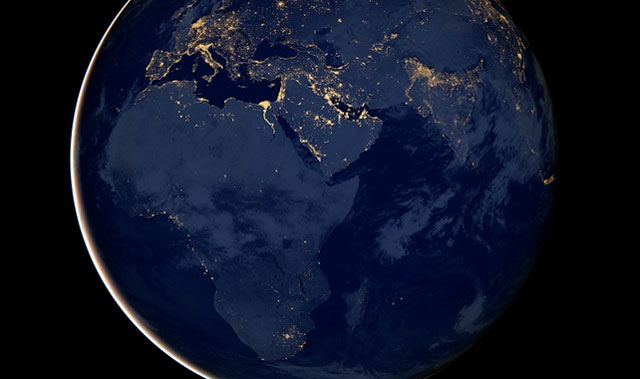
Growing trade between Africa and Asia has prompted talk of a new subsea broadband cable along Africa’s eastern coastline, says Hong Kong ICT firm PCCW.
Last week, PCCW said it along with Telkom, MTN Saudi Telecom Company and Telecom Egypt signed a memorandum of understanding to build Africa-1.
The Africa-1 broadband system is planned to stretch 12 000km along Africa’s eastern coastline towards Saudi Arabia, Egypt and Pakistan and could go live next year.
Last year, South Africa’s deputy president, Cyril Ramaphosa, said that trade flows between Africa and Asia had increased over the years, totalling US$423bn in 2013.
“As the trade links between Asia and Africa, and between the rest of the world and Africa, have continued to grow, we have responded by increasing both the capacity on our network and the services delivered across it,” PCCW spokesman Ivan Ho said.
“We have continued to invest in the continent, both in terms of submarine cable capacity and in terrestrial connectivity linking the landlocked countries in Africa to high-speed subsea capacity.
“Africa-1 is a natural extension of our network strategy which will help to address the increasing capacity demands of the Asia-Africa trade corridor with better levels of reliability, connecting people and businesses in some of the world’s fastest growing economies,” said Ho.
PCCW has increased its presence in Africa over the years. In 2014, it announced that it planned to provide telecoms and technology services for the R84bn Zendai smart city project in Modderfontein, Johannesburg. Last year, PCCW also launched video-on-demand service ONTAPtv.com in South Africa.
Cable debate
But talk of Africa-1 has sparked industry debate as Chris Wood, CEO of African connectivity wholesaler WIOCC and co-chair of the Eassy cable consortium, said last week that Africa-1 is “totally unnecessary”.
Wood said that the likes of Seacom and EASSy currently provide more than enough broadband capacity to Africa. Seacom, Eassy and the West Africa Cable System have been connected to Africa since 2009.
Telkom, last week, also said that it hasn’t committed financially to Africa-1 yet.
When asked about whether there is sufficient demand for the cable, PCCW’s Ho did not answer, instead saying the project is in its planning stages.
“The Africa-1 cable is still in the planning stage, and the consortium shall release further news, information and development at appropriate stages,” said Ho.




